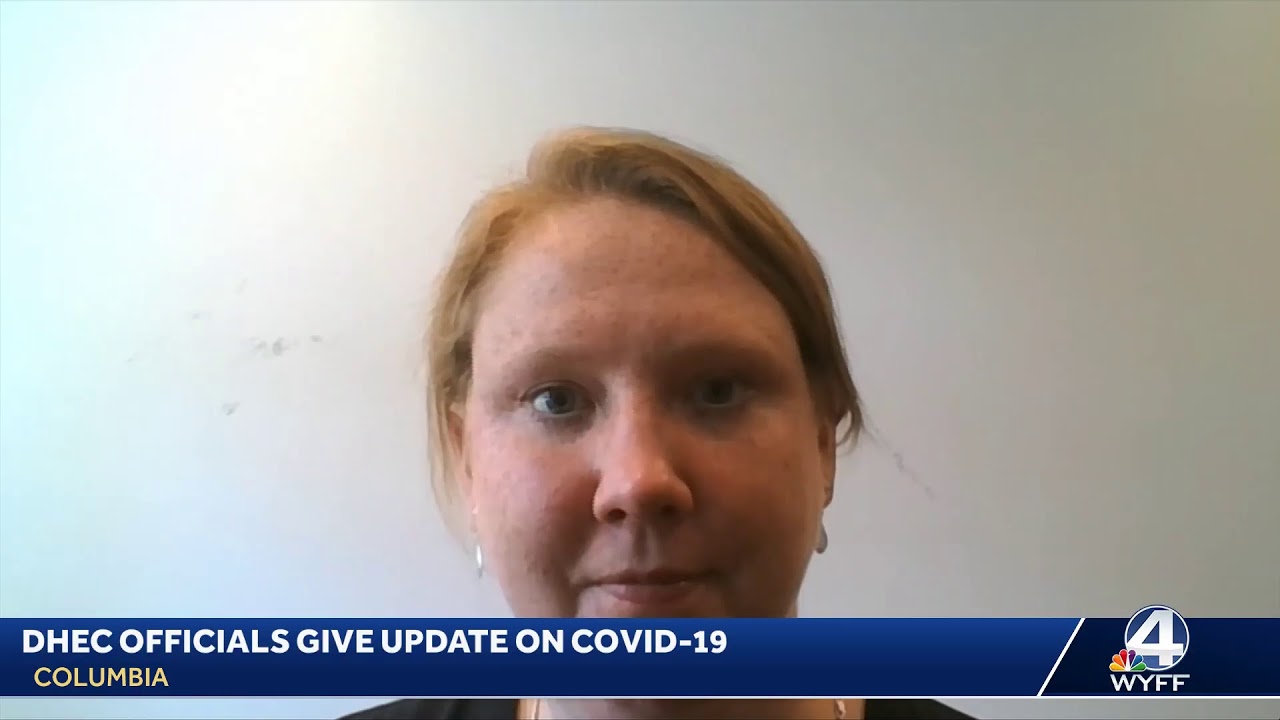Lindsey Graham appears to be facing an investigation into possible election crimes. Michael J. Moore, who served as U.S. Attorney for the Middle District of Georgia from 2010 to 2015, sent his request to the Georgia State Board of Elections on Thursday.
Here is Mr. Moore’s Letter to the Georgia Election Board
Dear Secretary Raffensperger1 and Members of the State Election Board:
I write to request that the State Election Board, pursuant to the duties and authority of the Board as provided by Georgia law, authorize the Secretary of State to investigate, or alternatively conduct its own investigation, of the herein described irregularities in the 2020 general election and upcoming January 5, 2021, runoff election. Should the Board find any evidence to support further inquiry of potential criminal conduct, I urge you to refer the matter to the Attorney General or appropriate district attorney for further investigation and prosecution.
The basis for my request stems from a reported telephone call from United States Senator Lindsey Graham to Georgia Secretary of State Brad Raffensperger to discuss Georgia’s then-ongoing vote count for the office of President of the United States. Senator Graham’s call has further been detailed as making inquiry into possible vote counting adjustments that could be made during the upcoming January 5, 2021, runoff election to fill the U.S. Senate seats currently held by Senator Kelly Loeffler and Senator David Perdue.1
Because Secretary Raffensperger is a witness to the conduct herein forming the basis of the requested investigation, it is anticipated that Vice Chair Sullivan will serve as Chairperson for all purposes related to this inquiry.December 3, 2020 Page 2
Based upon the public reporting of Senator Graham’s telephone call, including interviews given by Secretary Raffensperger and his staff, it appears that this was an effort by the current Chairman of the United States Senate Judiciary Committee to potentially disenfranchise Georgia voters.
Factual Background
This request for an investigation is based upon a telephone call reportedly made by U.S. Senator Lindsey Graham to Georgia Secretary of State Brad Raffensperger on Friday, November 13, 2020, before Georgia had certified its election results.2 According to comments in The Washington Post attributed to Secretary Raffensperger, Senator Graham questioned Secretary Raffensperger about Georgia’s voter signature-matching law and whether poll workers might have been inclined to accept non-matching signatures because of political bias. Senator Graham then asked Secretary Raffensperger whether he had the power to refuse to count all mail-in ballots from any county having a higher rate of non-matching signatures. In this interview, Secretary Raffensperger reported that he was “stunned” by Senator Graham’s suggestion and felt that he was “under increasing pressure” to exclude ballots following discussions with Senator Graham and other Republican officials. In a later interview with CNN, Secretary Raffenspergerexplained his interpretation of the telephone call as an urging to “look hard and see how many ballots you could throw out.”3 On the same day, President Trump weighed in on the matter using Twitter to claim that Secretary Raffensperger was prohibiting observers from seeing the voter signatures on the ballots.4
In an interview with The Wall Street Journal, Senator Graham acknowledged making the subject telephone call but stated that his purpose was to determine how to “protect the integrity of mail-in voting, and how does signature verification work?”5
The Relevant State Law
Georgia law explicitly prohibits solicitation to commit election fraud.6 The relevant portion of the statute provides:
(a) (1) A person commits the offense of criminal solicitation to commit election fraud in the first degree when, with intent that another person engage in conduct constituting a felony under this article, he or she solicits, requests, commands,
2 Gardner, Amy. “Georgia Secretary of State Says Fellow Republicans are Pressuring Him to Find Ways to Exclude Ballots.”The Washington Post, 16 November 2020, https://www.washingtonpost.com/politics/brad-raffensperger-georgia-vote/2020/11/16/6b6cb2f4-283e-11eb-8fa2-06e7cbb145c0_story.html. 3 CNN, The Situation Room with Wolf Blitzer, 16 November 2020. 4 Donald J. Trump (@realDonaldTrump). “The Fake recount going on in Georgia means nothing because they are not allowing signatures to be looked at and verified. Break the unconstitutional Consent Decree!” 16 November 2020, 9:04 AM. Tweet. 5 Corse, Alexa. “Georgia’s GOP Secretary of State at Odds with GOP Senator Graham Over Counting Ballots.” The Wall Street Journal, 17 November 2020. 6O.C .G .A. § 21-2- 604 (2019). December 3, 2020 Page 3 importunes, or otherwise attempts to cause the other person to engage in such conduct.(2) A person commits the offense of criminal solicitation to commit election fraud in the second degree when, with intent that another person engage in conduct constituting a misdemeanor under this article, he or she solicits, requests, commands, importunes, or otherwise attempts to cause the other person to engage in such conduct.7
Additionally, Georgia law prohibits the formation of a conspiracy to commit election fraud. O.C.G.A. § 21-2- 603 (2019) provides:
A person commits the offense of conspiracy to commit election fraud when he or she conspires or agrees with another to commit a violation of this chapter. The crime shall be complete when the conspiracy or agreement is effected and an overt act in furtherance thereof has been committed, regardless of whether the violation of this chapter is consummated.
Georgia law further provides that a person who performs any act constituting a substantial step toward the commission of a specific crime commits the offense of criminal attempt to commit that crime.8 According to the public reporting and statements by Secretary Raffensperger, Senator Graham’s telephone call and discussion of a manner and method to discard the ballots of Georgia voters could be interpreted as an attempt and implication to cause Secretary Raffensperger to “[l]ook and see how many ballots [he] could throw out.”9 As recounted by Secretary Raffensperger, “Senator Graham implied for us to audit the envelopes and then throw out the ballots for the counties who had the highest frequency error of signatures.”10
Georgia law clearly prohibits the interference with the performance of the Secretary of State’s official election duties:
Any person who intentionally interferes with, hinders, or delays or attempts to interfere with, hinder, or delay any other person in the performance of any act or duty authorized or imposed by this chapter shall be guilty of a misdemeanor.11
Georgia law also prohibits the removal of a ballot from the custody of any person having lawful charge over it to prevent it from being used or counted.12 According to public accounts from Secretary Raffensperger following his telephone call with Senator Graham, this was7Id. 8 O.C.G.A. § 16-4- 1 (2019). 9 CNN, The Situation Room with Wolf Blitzer, 16 November 2020. 10@CBSThisMorning. “Georgia Secretary of State Brad Raffensperger (@GaSecofState) joins us to discuss the increased pressure he’s facing from fellow Republicans, including Senator Lindsey Graham, to throw out legal votes in post-election audit of ballots in his state.” 17 November 2020, 9:23 AM. 11 O.C.G.A. § 21-2- 597 (2019). 12 O .C .G .A. § 21-2- 562 (2019). December 3, 2020 Page 4
Secretary Raffensperger’s interpretation of the implication made by Senator Graham during the course of their telephone conversation.
Georgia’s election laws were enacted to prevent the disenfranchisement of the voters. According to his accounts of the telephone call in question, Secretary Raffensperger felt that he was being advised or encouraged by Senator Graham to void lawfully cast ballots.
Request for Investigation
Based upon the public comments made by Secretary Raffensperger and given that thetelephone call in question has been corroborated by both Secretary Raffensperger’s staff and Senator Graham, I request that the matter be fully investigated to determine if a violation of Georgia law occurred. I am particularly concerned that the Chairman of the United States Senate Judiciary Committee would make any attempt to interfere with the Georgia Secretary of State as he endeavored to lawfully perform his constitutional duties in overseeing the 2020 election and the counting, and re-counting, of the votes cast in the State of Georgia. I also request that the Board investigate any attempt or conduct by Senator Graham to request the discarding of lawful ballots that will be cast in the upcoming January 5, 2021, runoff for Georgia’s two open seats inthe United States Senate. Time is of the essence for this investigation as Senator Graham has also indicated that the purpose of his call to Secretary Raffensperger was to ask questions about the upcoming Senate runoff election to be held on January 5, 2021.13
I appreciate the tireless work that has been done to safeguard the votes cast by Georgians, regardless of their political party or candidate of choice. I also recognize the unique and unprecedented position in which the Secretary of State now finds himself. I am confident that a thorough investigation of the matters contained herein will bolster public confidence in Georgia’s election outcome and will deter any future efforts to disenfranchise the voters of the sacred and fundamental right to choose their leaders










